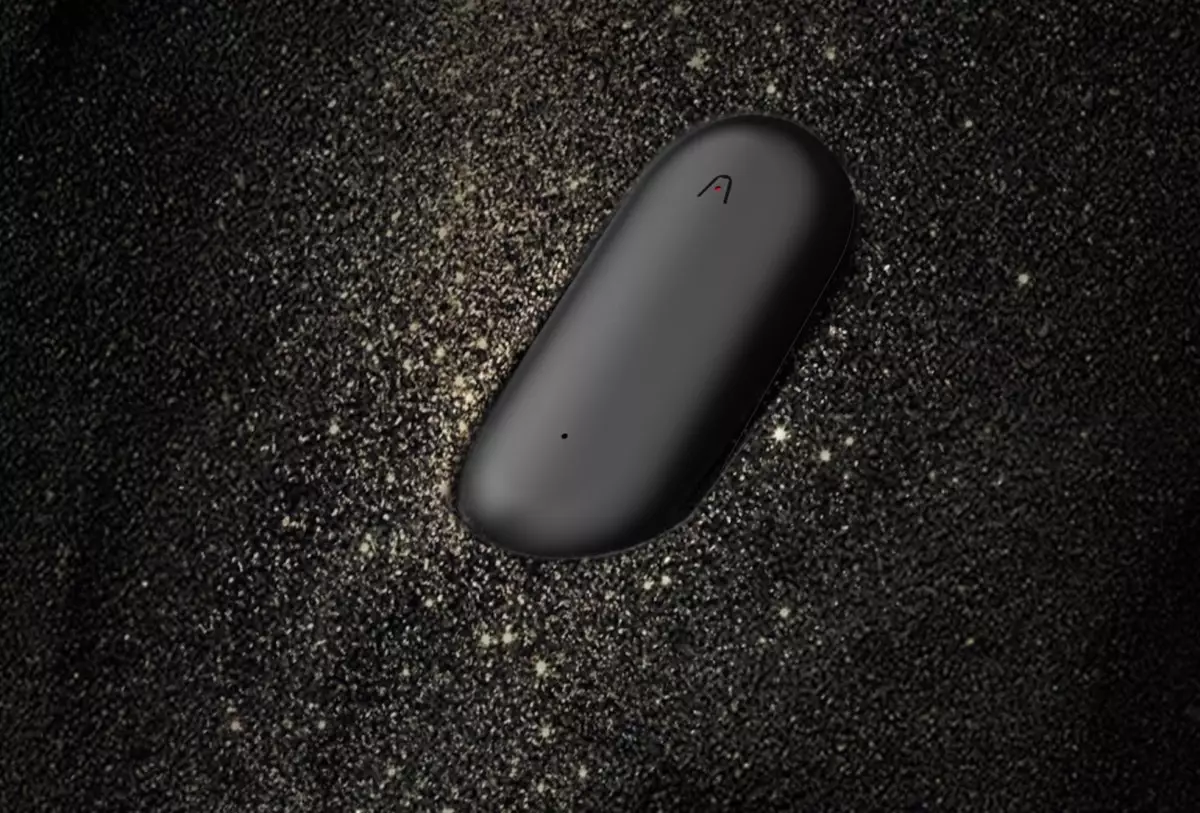The wearables market is dominated by a few select form factors, with the wrist and ears being the most popular choices. While glasses and rings are gaining traction, other options like pins and necklaces have not been as successful. The introduction of AI-powered wearables like Humane and Friend has brought a new wave of innovation to the market, but not all of them have been as successful as anticipated.
Plaud.AI’s newly announced NotePin is a note-taking device that utilizes AI as its core competency. Unlike other lifelogging devices that focus on capturing images, NotePin is designed to transcribe conversations using large language models. The aim is to provide users with a more organic way of recording words and ideas from meetings, school, or daily life, with the AI taking on the task of sorting through the transcriptions.
While NotePin’s core functionality is simple and straightforward, the marketing language used to promote the device raises some concerns. Plaud’s co-founder and CEO describes NotePin as an “always-ready business partner” that helps users focus on more valuable tasks. However, the claims about reshaping the professional landscape seem exaggerated, especially considering that the product has not yet been launched.
Plaud’s earlier product, the Plaud Note, has been moderately successful, with 200,000 units sold. The new NotePin is powered by GPT-4o, similar to its predecessor, but comes at a slightly higher price point. The preorder for NotePin offers a “free starter plan,” which includes 300 minutes of transcription time per month. Users can also opt for the Pro Plan, priced at $79 per year, which offers additional features like speaker labels and audio importing.
While NotePin shows promise as a unique wearable device focused on note-taking, there are some concerns about its practicality and value proposition. The marketing claims made by Plaud may be overstated, considering the device has not yet been tested by users. It remains to be seen whether NotePin will live up to its potential and truly revolutionize the way people take notes in their daily lives.

